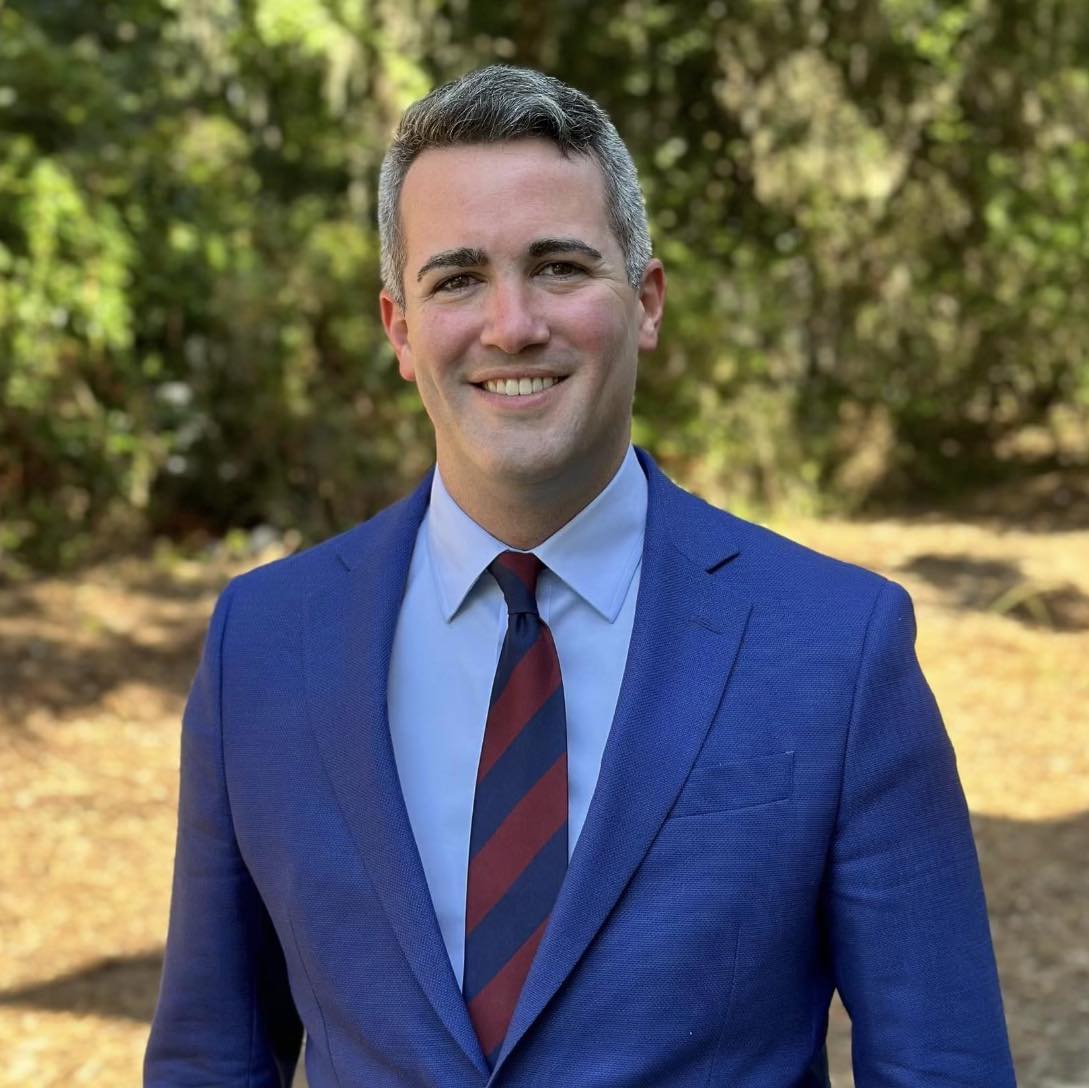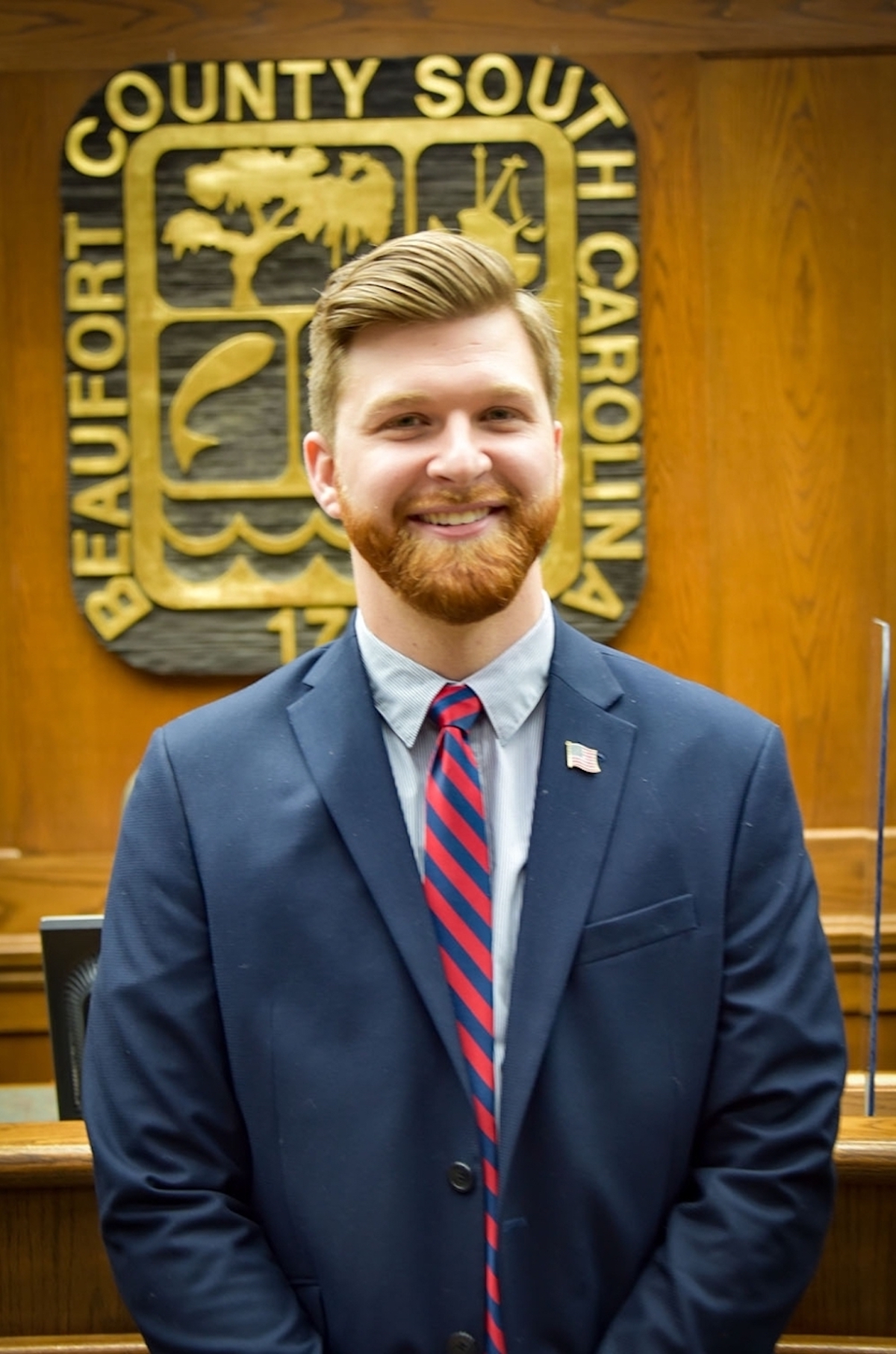By Mac Deford
In the heart of South Carolina’s Lowcountry, St. Helena Island stands as a beacon of the rich and resilient Gullah/Geechee culture. This unique community, with its deep-rooted traditions and profound significance evident in two national historic sites, continues to face an existential threat — a threat not from natural disasters or economic downturns but from the specter of aggressive overdevelopment. After purchasing Pine Island for $18 million in March 2023, Pine Island Property Holdings, LLC said it would transform this serene cultural enclave into a bustling golf club and resort.
This deal represents a critical decision point for both the community and Beaufort County’s leadership: Will we choose our history and heritage or lose them to yet another nondescript playground that caters mostly to the wealthy?
Threat of overdevelopment
The allure of economic development can often blind people to the irreversible damage it can cause. In the case of Pine Island, the proposed development contradicts the established Cultural Protection Overlay (CPO) zoning laws specifically designed to preserve the Gullah/Geechee heritage on St. Helena. This overlay, established in the late 1990s and reaffirmed just one year ago, serves as a crucial legal safeguard against overpriced golf courses, exclusive gated communities, and other large-scale developments that could destroy the island’s cultural and ecological balance.
Despite these protections, rumblings of potential development continue.
Pine Island development would not only violate the overlay but also strain the already limited local infrastructure. Residents would be forced to endure increased traffic, higher density, strain on utilities, and more flooding — a problem they already contend with due to the island’s vulnerable topography.
Historical context and the loss of culture
The history of the Gullah/Geechee people on St. Helena Island is one of endurance. Descendants of enslaved Africans, the Gullah/Geechee, have managed to safeguard their cultural heritage, language, and land-use practices for generations. As highlighted by the National Wildlife Federation, however, the encroachment of high-priced residential developments and vacation resorts poses a significant threat to this community. These developments often result in higher property taxes and costs of living that pressure longtime residents, many of whom hold their property as heirs, to sell their ancestral lands.
The cultural implications of such development are profound. Transforming St. Helena from a rural community where the famous Penn Center sits into a resort-based economy would fundamentally alter its character and heritage. The loss of Gullah/Geechee culture would be an irreplaceable cultural tragedy, not just for South Carolina but for the nation.
The environmental implications of developing Pine Island are equally concerning. The area’s natural beauty and biodiversity are invaluable, serving not only as a habitat for local wildlife but as a buffer against storms and flooding. Overdevelopment could disrupt these natural defenses, leaving the island more susceptible to environmental disasters.
Proponents have said development plans would have limited impact. However, the history of overdevelopment with inadequate infrastructure and environmental protections in the Lowcountry tells a different story.
Standing against gentrification, for preservation
As a steadfast advocate for preserving culturally significant lands, I firmly oppose the development of Pine Island. We must prevent the gentrification and cultural dilution that so often follows large-scale developments like the one proposed. It is not merely a matter of maintaining scenic landscapes but of preserving a way of life.
The CPO zoning law and the Beaufort County 2040 Comprehensive Plan are not just regulatory documents; they are commitments to protect and respect the heritage of the Gullah/Geechee people. Developers’ attempts to circumvent these protections through rezoning or other means must be met with firm resistance from the community and its allies.
The threat unfolding on St. Helena Island is a bellwether for how we value and protect heritage in the face of modern development. We need robust and actionable commitments from local government, community leaders, and citizens to uphold the integrity of zoning laws and cultural protection boundaries.
Mac Deford is running for U.S. Congress as a Democratic candidate in South Carolina’s 1st Congressional District, a seat presently occupied by Nancy Mace. A U.S. Coast veteran and attorney, Deford has extensive experience as a top legal advisor for local governments in the Lowcountry. He received his undergraduate degree from The Citadel and his law degree from the Charleston School of Law. In June 2024, Deford will complete his MBA at the University of North Carolina at Chapel Hill. He resides in Mount Pleasant with his wife and their two dogs. He can be reached at 843-606-0547 or info@defordforcongress.com.










